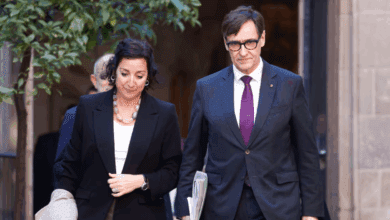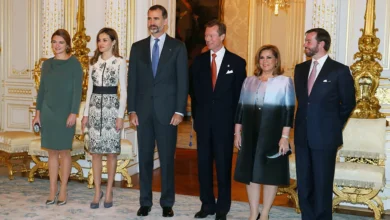
A new conflict has erupted within Spain’s judicial system: the General Council of the Judiciary has decided to initiate disciplinary proceedings against National Court judge Eloy Velasco. The reason was his public statements criticizing the political party Podemos and former equality minister Irene Montero. The controversy arose from remarks he made at a professional conference, where he touched on issues related to the consent law.
Initially, the disciplinary inspector proposed to close the investigation, which began in December last year. However, a majority of the Council’s executive members insisted on continuing the proceedings. The key decision was made with the support of the president of the Supreme Court and the Council, along with three representatives from the progressive bloc. Conservative members voiced their disagreement and announced plans to submit a dissenting opinion.
At the same time, similar investigations against other judges, including Adolfo Carretero and Ángel Hurtado, were dropped. In Velasco’s case, however, the situation turned out differently: he is accused of a serious breach of professional ethics as defined by Article 418.5 of the Organic Law of the Judiciary. The matter concerns disrespect, which is considered a serious offense for members of the judiciary.
The statements made by Velasco at an event in November sparked widespread reaction. He questioned the competence of the Podemos party regarding consent issues and compared Montero to a supermarket worker, referencing her past. In addition, the judge raised doubts about the political force’s legitimacy following the 2023 elections.
This is the second recent case where the Council has overturned a decision by its disciplinary body and demanded further investigation into judges who have criticized prominent politicians. A similar situation recently arose around judge Manuel Ruiz de Lara, who made comments about Prime Minister Pedro Sánchez and his wife.
Debates have once again flared up in society and the professional community over the boundaries of freedom of expression for judges and the extent to which their public opinions on current political topics are acceptable. The question of balancing judicial independence with accountability for public statements remains unresolved.











